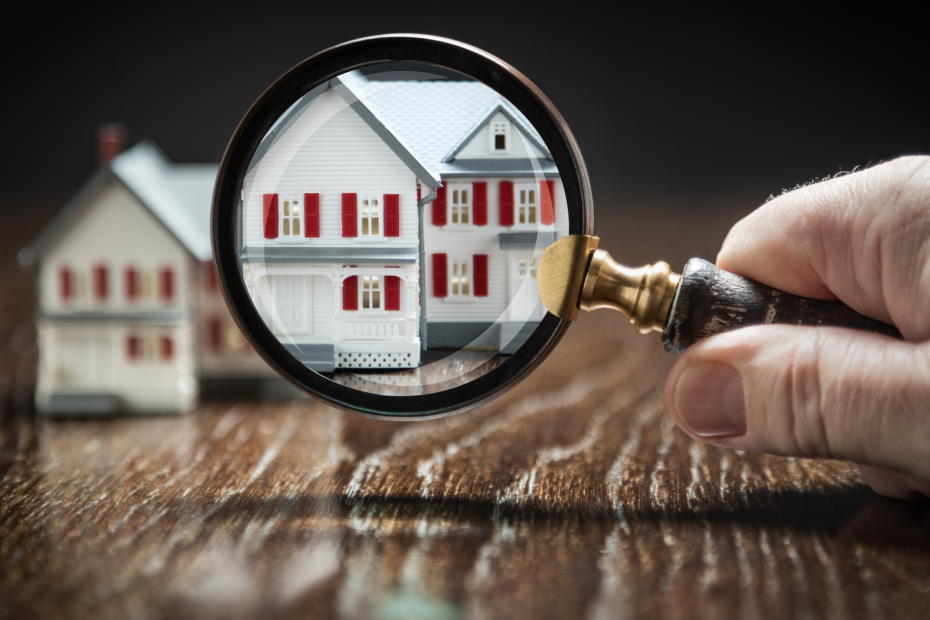If you’re thinking of selling, one of the very first questions that may pop into your mind might be: “What’s my home worth?” And with good reason — your asking price affects everything: how quickly you sell, how many buyers you attract, and ultimately, how much money ends up in your pocket at settlement.
But finding the true value of your property isn’t as simple as plugging your address into an online calculator or speaking to a few agents. Understanding what your home is really worth takes a mix of market data, buyer psychology, and professional insight.
Step 1: Look at the Bigger Picture
Before you start, take a moment to work out whether you’re in a rising, falling, or stable market. This matters because it sets the tone for how aggressive or conservative you can be with your price.
Here’s how to tell:
Check auction clearance rates. If Sydney’s auction clearance rate is consistently above 70%, it generally indicates strong demand and a rising market. Below 60% often points to a softer or falling market.
Look at the number of new listings. Fewer homes for sale (low supply) usually puts upward pressure on prices, while lots of new stock gives buyers more choice and negotiating power.
Watch price trend data. Real estate websites like CoreLogic or Domain publish monthly suburb and city-wide price trends — if prices have risen for several months in a row, you’re likely in an upswing.
Knowing these key indicators helps you decide whether to price ambitiously, hold firm, or be ready to negotiate quickly.
Step 2: Compare Apples with Apples
A common mistake sellers make is looking at the highest price ever achieved in their suburb and assuming their home will sell for the same — even if it’s completely different in size, location, or condition.
Instead, look for comparable sales from the last 3–6 months only:
Similar land size
Similar property type (house vs townhouse vs apartment)
Similar accommodation (bed, bath, car)
Similar level of renovation or presentation
Same or very nearby location (ideally within 1–2km)
These comparable sales are the most reliable indicator of what buyers are willing to pay right now.

Not ready but would like some help?
Download our Ultimate Checklist For Selling Your Home in 2025
Step 3: Consider the Unique Value of Your Home
Every home has features that either add to its value or limit its appeal. Consider:
Aspect and views (north or south-facing backyard? water glimpses?)
Layout and flow (open plan, easy family living)
Parking (lock-up garage vs street parking)
Condition (freshly renovated vs needing work)
Future potential (duplex site STCA, room to extend)
These factors can make your property more desirable than the average home in your suburb — or less.
Step 4: Get a Professional, Unbiased Opinion
While real estate agents offer free market appraisals, it’s important to understand that they are also pitching for your business. Some may overquote to impress you and secure the listing — a tactic known as “buying the listing.”
Here’s how to get a clearer, more realistic picture:
Get multiple agent appraisals — and look for consistency between them rather than focusing on the highest figure.
Use a vendor advocate. A vendor advocate (like us) works solely for you — not the agent — and has no incentive to inflate the price just to win your business. Our role is to give you independent advice and ensure you start with a pricing strategy that is both ambitious AND achievable.
Beware of online calculators. Automated valuations are based on algorithms and outdated data. They don’t account for unique features like renovations, views, or street appeal, and can be off by tens of thousands (sometimes hundreds of thousands) of dollars. They’re fine for a very rough range — but should never be relied on as your pricing guide.

Book A Free 30 minute
Phone Consultation With
Our Vendor Advocates!
Step 5: Don’t Forget the Buyer’s Perspective
Ultimately, your home is worth what a qualified buyer is willing to pay. If you price too high, you risk missing your best buyers in those crucial first few weeks. Price too low, and you might undersell.
This is where expert guidance is invaluable — helping you strike the perfect balance between ambitious and realistic.
Knowing what your home is really worth gives you confidence and clarity. It helps you choose the right sale method, set a price that attracts buyers, and plan your next move without financial surprises.
Understanding how to position and present your property to appeal to the largest number of buyers is critical for a successful result. If you’d like an independent, no-cost assessment of your property’s market value or how to best present your home for sale (without the sales pitch) — I’d love to help.
Book a call with us today!
Sold with confidence and care



